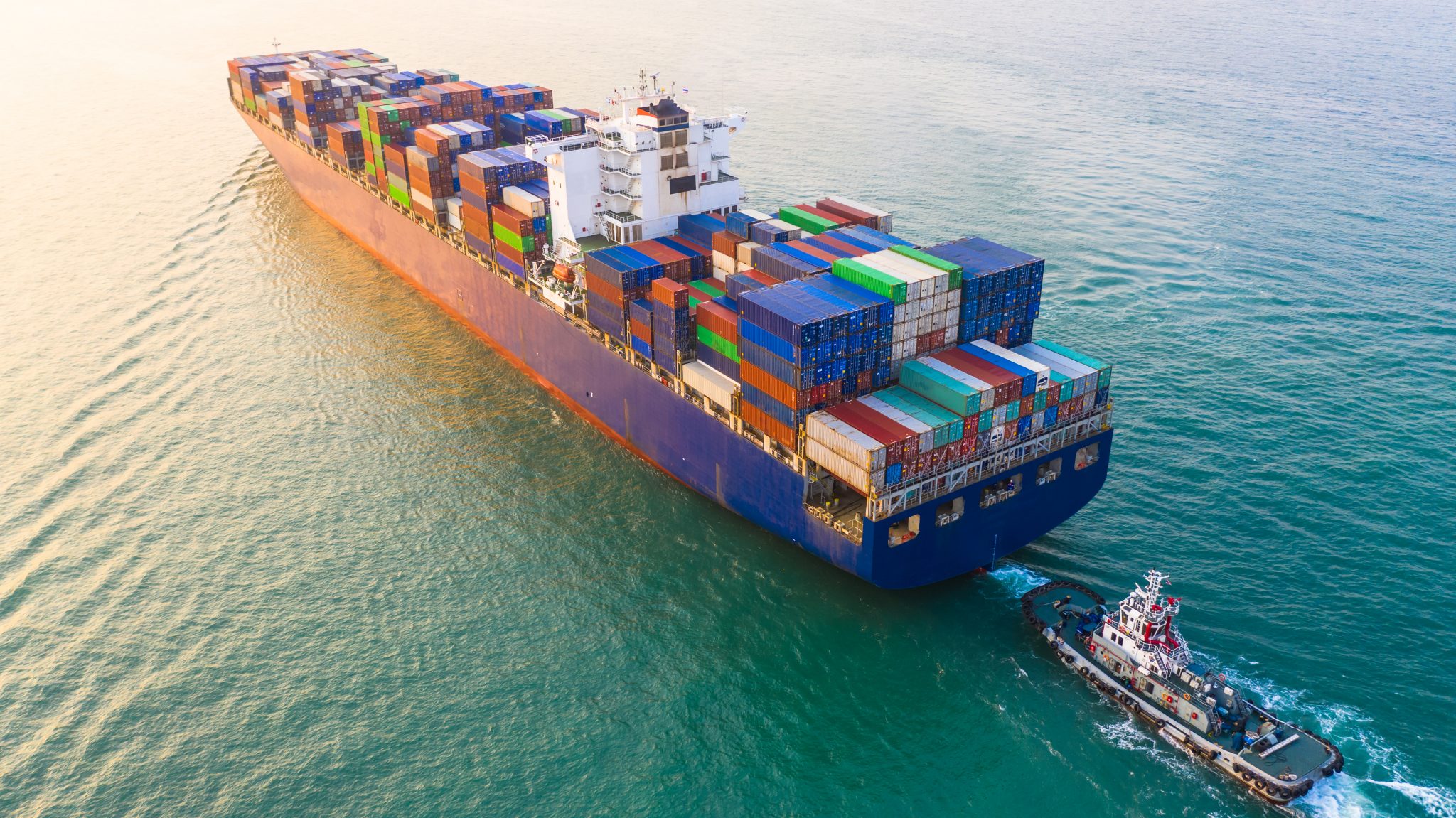Any organization’s supply chain must start with finding and setting up with a reliable freight carrier. A freight carrier is a business in charge of transporting goods from point A to point B via air, sea, or land. 91.3 percent of trucking carriers operated with fewer than six trucks in 2018, indicating that the majority of freight carriers are small enterprises.
So why is choosing a reliable freight carrier crucial? They must all be somewhat comparable, right? Actually, there is a lot of variation in the industry, so no, actually. The top businesses will follow through on every commitment they make, while the poorest ones might hang up the phone after receiving your freight. Therefore, you must work with a freight carrier and transport services by McNaughts you can rely on if you want to have an effective supply chain.
How can you locate and contract with a reliable freight company?
Finding a reliable freight carrier is the next step now that you are aware of its significance. There are a lot of options because there are over 1.2 million freight carriers in the US that only deal with trucking over land. If you are the one making the decision, the following are some useful inquiries to bear in mind:

How long has the company been in operation?
A company’s level of quality may typically be determined by how long it has been in operation. Unreliable freight providers typically can’t survive for very long because business tends to dry up really soon. Going with a young company has advantages because they are sometimes more flexible and reasonably priced, but it can also be risky.
How well do they communicate with and assist their customers?
Without open communication, trust is impossible to achieve. Whether it’s a freight carrier, you’re collaborating with, they must have open lines of communication and excellent client care. Your goods may be held by a freight carrier for tens or hundreds of thousands of dollars. Thus, you must be constantly informed.
How are they doing in terms of their KPIs?
You should stop using the transportation provider if they are not meeting the KPIs they committed to. You actually have to give the carrier an opportunity to show themselves with this advice, which takes a little longer to measure. But you shouldn’t trust them with your freight if they frequently fail to deliver on their commitments.
Finding a career is only one part of the process; as you can see, there are many other considerations as well. You must first determine whether the carrier can even handle your freight before you negotiate a price, monitor the shipment, and, eventually, look for improvements. Third party logistics organizations are experts in all of these areas.

